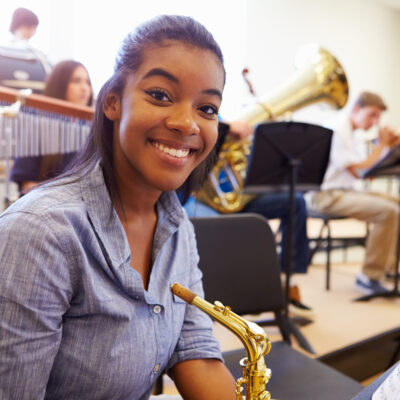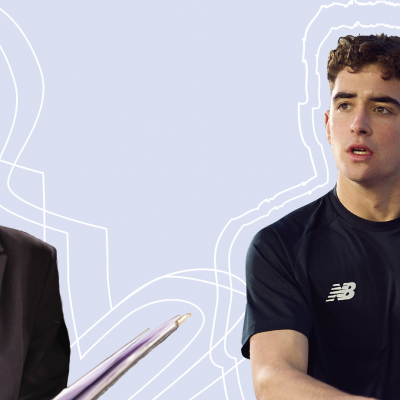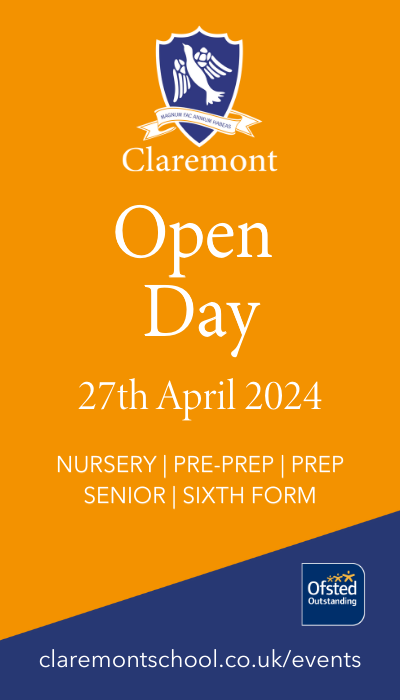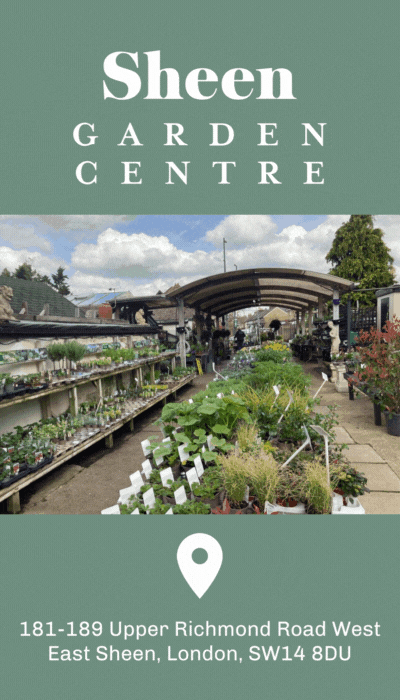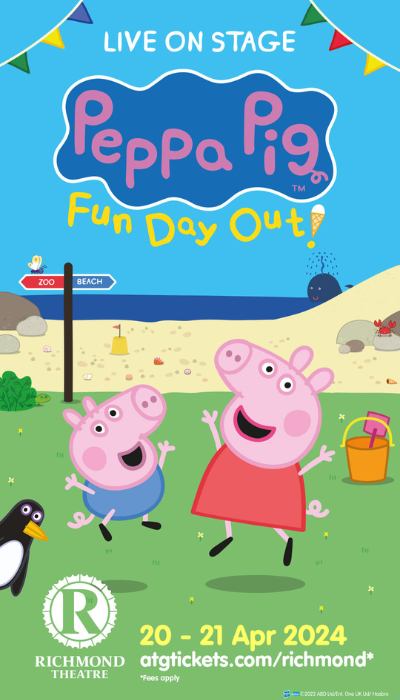We ask Tom Lawson, Headteacher at Eastbourne College, how to navigate the crossroads that every child faces when choosing GCSEs and A Levels
Any parent wants to support their child with making GCSE and A-level choices, guiding them but ensuring they make their own decisions. Balancing their passions and interests against what may be more practical down the line is no easy task, but hopefully these top tips will make the process a bit easier.

Give yourself more options
As a starting point, you will certainly be obliged to choose English, maths and science at GCSE which provide the core for most A-level choices. Some schools will only offer subjects if enough pupils choose it and have strict systems of ‘buckets’ from which choices must be made. This can cause uncertainty and inflexibility for you and your child so, if you have a choice of schools to attend, try to think ahead and look for one that can offer sufficient variety to suit your child’s interest, whatever that may be when the time comes. This is why at Eastbourne College we provide the resources to offer a free choice of a wide range at GCSE.
Consider coursework
A top tip for a GCSE programme is not to pick too many practical subjects that require lengthy coursework or portfolios. Doing Art and Textiles and Design Technology sounds like a lot of fun but the burden of coursework becomes untenable.
Use your imagination
At A-level the golden rule is… can the pupil really imagine enjoying two years of real depth in the subject and doing a lot of the relevant work – reading tons for philosophy and writing long essays, for example.
Consider the consequences
It invariably doesn’t go well if young people are forced to do subjects that they do not really enjoy, but as a parent you can and should frame the choice so they are aware of the realities and consequences of these decisions. For example, if your daughter or son wants to be a vet when they grow up, they must be good at maths and choose science subjects (especially chemistry). When presenting these options, it can be helpful to explain which doors will be closed and which will be left open based upon their choices, working backwards from the A-levels needed for certain degrees and the GCSEs needed to access certain A-levels.
Focus in
I mildly favour a coherent science or humanities focus, rather than ‘split-ticketing’ but it really depends on how developed your child’s university or apprenticeship plans are. I would avoid variety for variety’s sake, though, as that can mean you forgo the preparation for further specialisation at university.
Know what you’re signing up for
Avoid allowing your child to choose a subject because it sounds interesting – they need to get really good advice from their school about what the subject entails to be sure they have the skills and interest. Pupils studying psychology and economics, for example, sometimes embark without knowing what the subject really is.
Less is more
At A-level you are better off with three good grades than spreading yourself thinly over four subjects so only very confident highly-academic pupils should do more than three. Choosing maths, history or English is often a good starting point because they are the best facilitating subjects for science and humanities degrees respectively.
Follow your heart
In the end, you cannot really go wrong if you understand that your daughter or son will thrive in the subjects they enjoy most.
You may also like
Perfect Pitch
Mike Piercy, education consultant and former Head of The New Beacon, sings the praises of music in education What exactly is it that drives parents to make huge sacrifices by sending their children to independent schools? Different families have different...
‘It’s not fair!’
Mike Piercy, education consultant and former Head of The New Beacon, explains the importance of winning and losing with good grace The beefy second row lay prone, groaning, as the pack lumbered away. “Get up, Darling!” I cried. Opposition spectators...
Performance Power
Eastbourne College and Bede’s School discuss opportunities which give their students time to shine Director of Music at Eastbourne College, Dan Jordan, sings the praises of music at the school. It is 6.30pm, the night before a well-needed half-term holiday....

